
Foreign Languages Slow Down Brain Ageing
Medical advances are causing a gradual increase in average life expectancy. However, this comes at a price, as the number of cases of dementia and other neurodegenerative diseases grows with age. Researchers from HSE University (Russia) and Northumbria University (UK) have found that bilingualism can slow down and mitigate the course of age-related changes in the human brain. The study was published in Frontiers in Psychology.

Mine or Ours: The Brain’s Choice
Researchers from HSE University have shown how the brain works differently depending on whether a subject is dealing with common (shared) or private natural resources. The ventral striatum—the so-called pleasure centre—plays a significant role in this process. The study has been published by Social Cognitive and Affective Neuroscience.

Two Worlds of Residents: Car Owners Look at Shared Urban Courtyards Differently from Pedestrians
Researchers from HSE University and St. Petersburg State University of Architecture and Civil Engineering (SPSUACE) used eye tracking to study how residents who own cars and those who don’t look at the shared courtyards of multistorey apartment buildings. The study was published in Urban Forestry & Urban Greening.
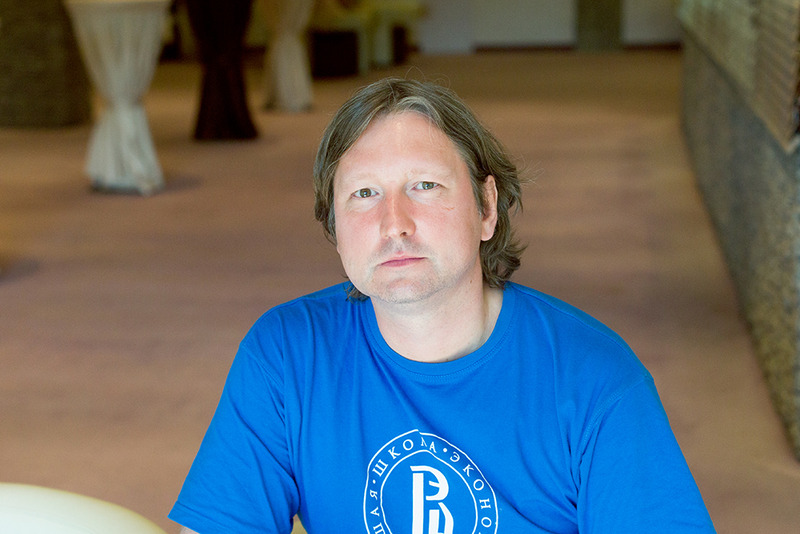
International Laboratory of Social Neurobiology to Look at How Fake News Affects Human Behaviour
The mega-grant allocated by the Russian government to the International Laboratory of Social Neurobiology, has been extended for 2022-23. The laboratory was founded two years ago and is headed by Iiro Jaaskelainen, a leading neurobiologist from Finland. Laboratory Head Vasily Klucharev spoke to the HSE News Service about the results the lab has already achieved and the prospects for the next two years.
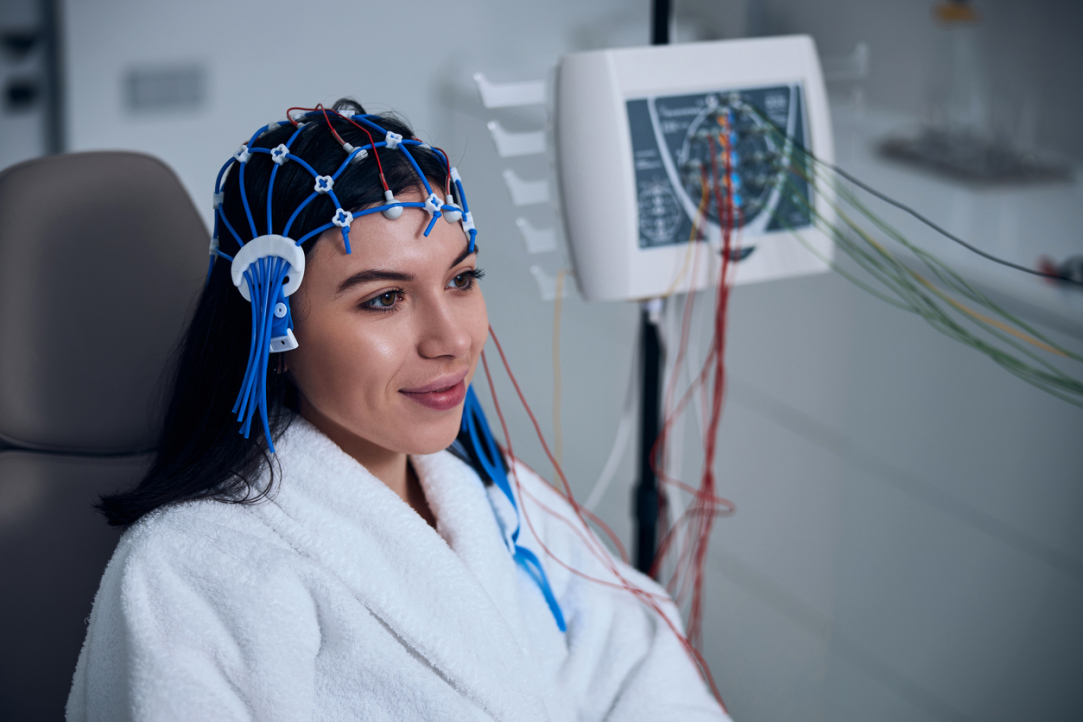
Readiness to Punish Others for Selfish Behaviour Explained by Functional Brain Connections
The stronger the functional brain connections, the less inclined someone is to punish others for unfair behaviour. This conclusion was reached by HSE researchers following a neuroimaging experiment. Their paper ‘Wired to punish? Electroencephalographic study of the resting-state neuronal oscillations underlying third-party punishment’ was published in the journal Neuroscience.
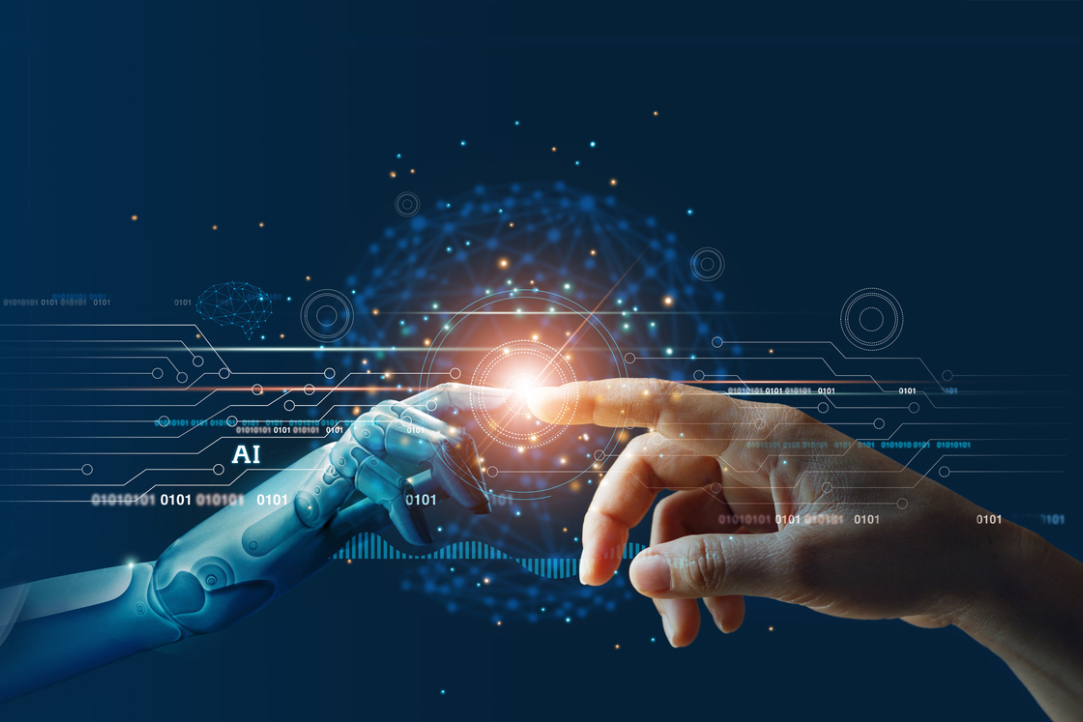
What Can Make Robots More Human-like?
What is affect and why is it important for humans? How can feelings be defined and what is their relation to emotions and consciousness? What might be used in making a soft robot? Professor Antonio Damasio (University of Southern California, USA) discussed these and other questions in his honorary lecture, entitled 'Feeling, Knowing, and Artificial Intelligence'.The talk was delivered on April 16 at the at the XXII April International Academic Conference held by HSE University jointly with Sberbank.
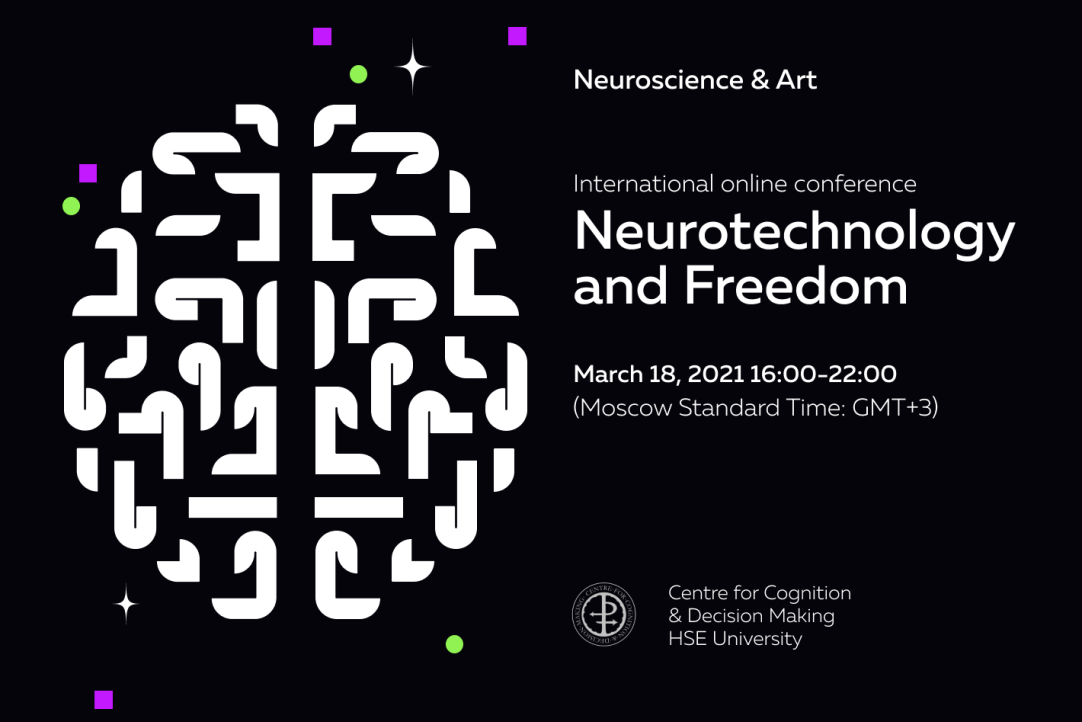
Neurotechnology: The Decline of Freedom or New Horizons for Human Development?
On March 18, HSE University will host the international Neurotechnology & Freedom Conference, which will be held online. In an exchange with HSE News Service, Vasily Klucharev, director of the Institute for Cognitive Neuroscience and tenured professor at HSE University, discussed what views on the compatibility of these two concepts exist in modern science and art.
Congratulations to our colleagues with another publication in Scientific Reports!
Researchers at the HSE Institute for Cognitive Neurosciences have studied how transcranial alternating current stimulation (tACS) affects the primary motor cortex during and after stimulation. Scientists have shown that tACS affects the cortex only during online use (during stimulation). The article was published in Scientific Reports.
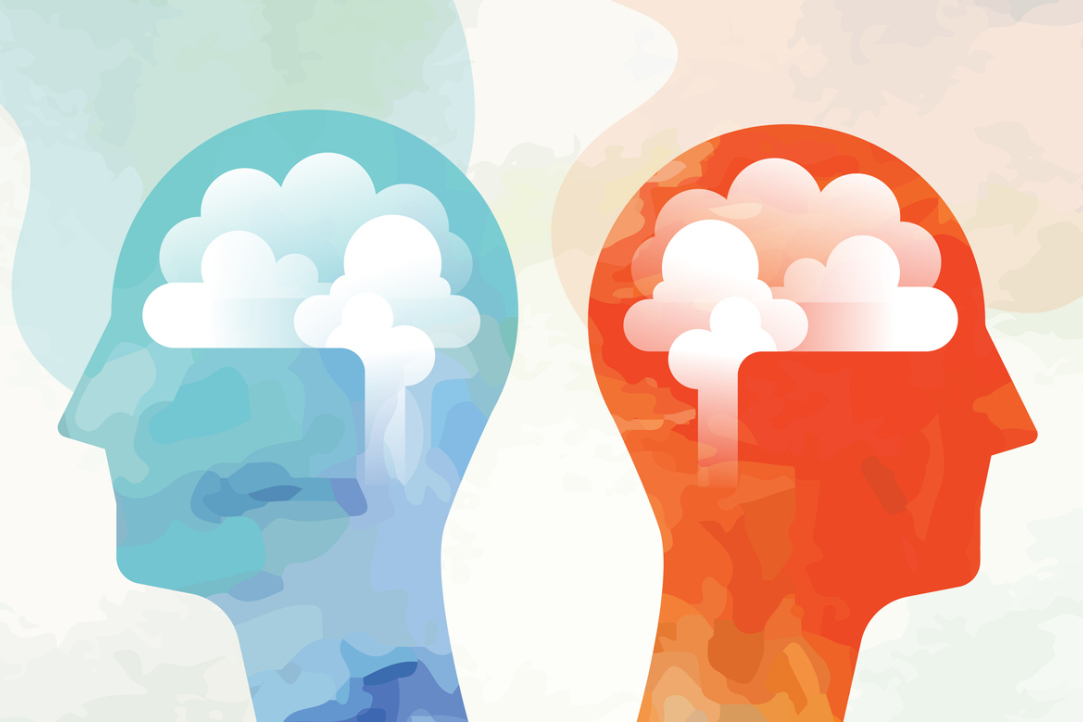
Can the Brain Resist the Group Opinion?
Scientists at HSE University have learned that disagreeing with the opinion of other people leaves a ‘trace’ in brain activity, which allows the brain to later adjust its opinion in favour of the majority-held point of view. The article was published in Scientific Reports.
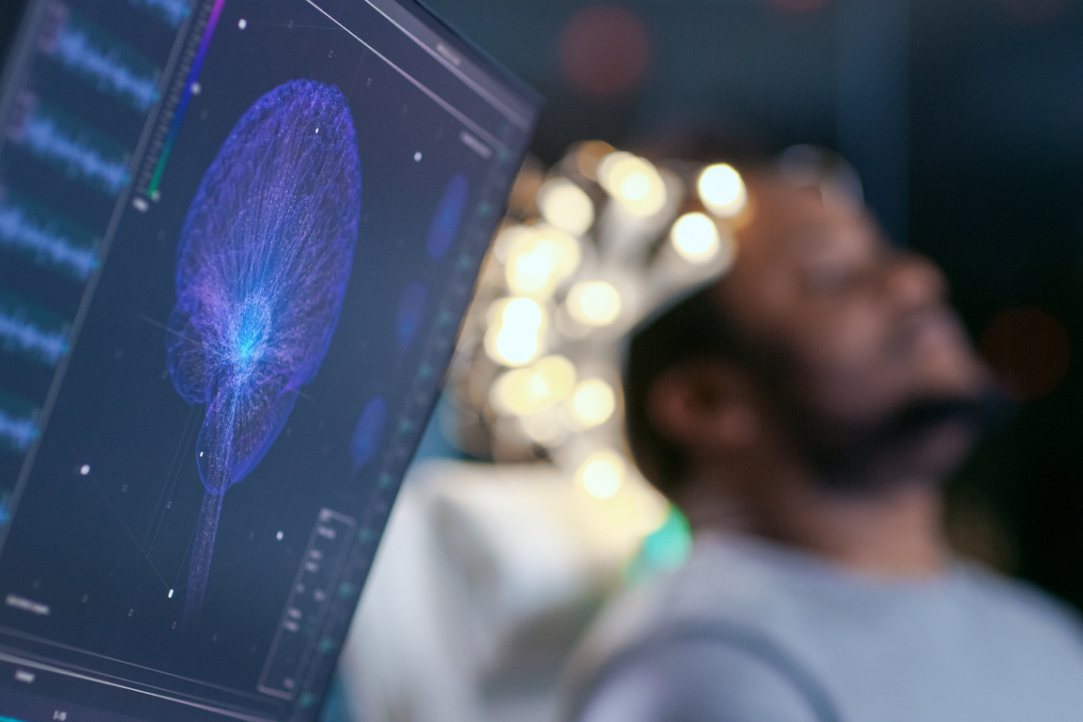
Researchers Expand the Capabilities of Magnetoencephalography
Researchers from the HSE Institute for Cognitive Neuroscience have proposed a new method to process magnetoencephalography (MEG) data, which helps find cortical activation areas with higher precision. The method can be used in both basic research and clinical practice to diagnose a wide range of neurological disorders and to prepare patients for brain surgery. The paper describing the algorithm was published in the journal NeuroImage.
